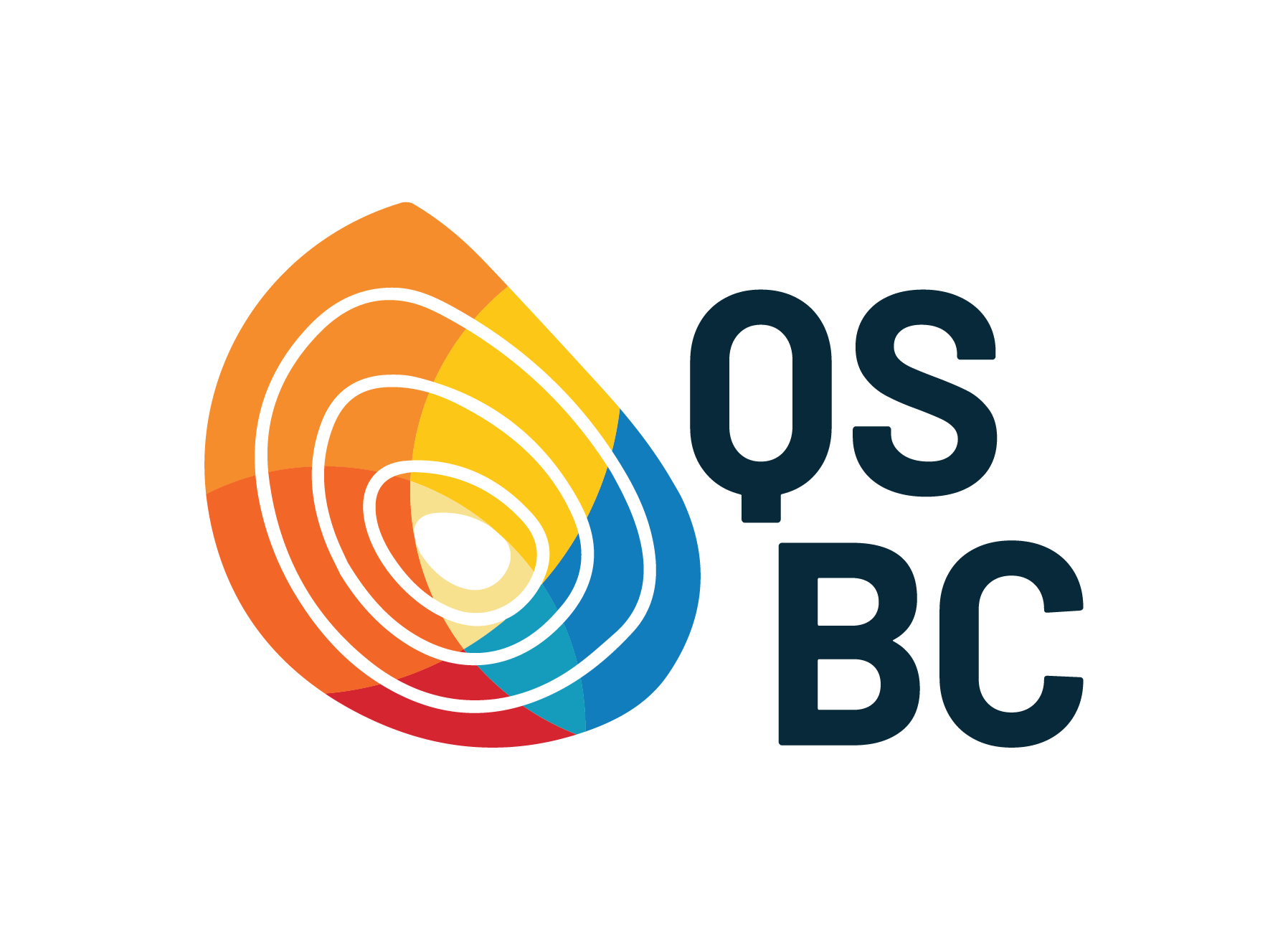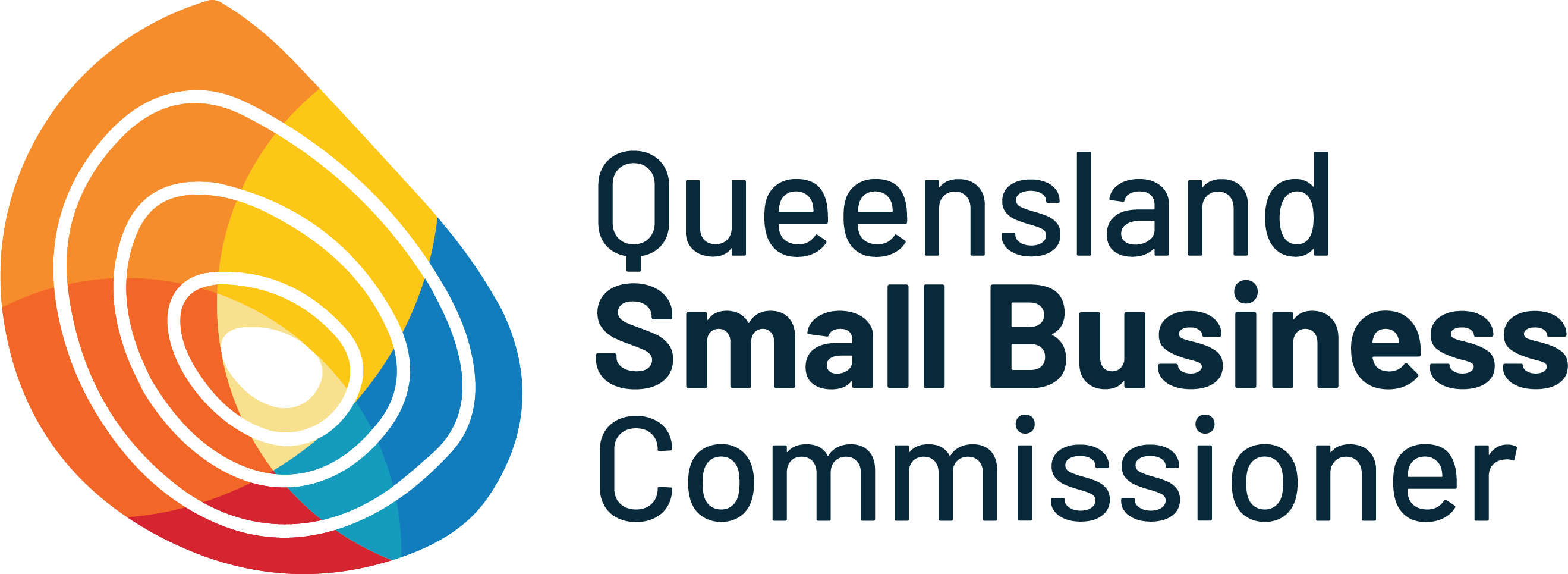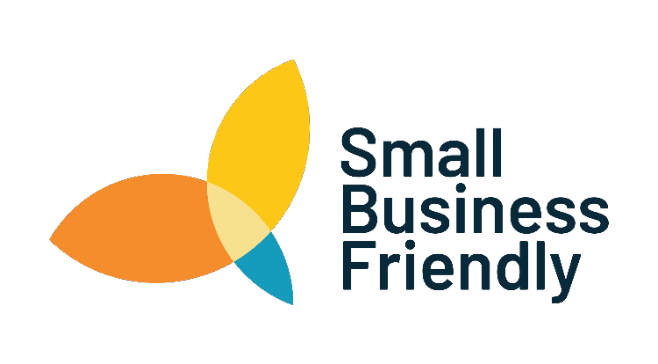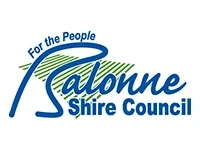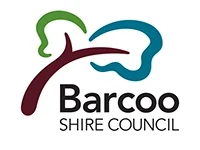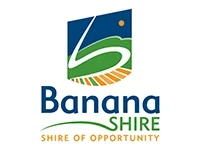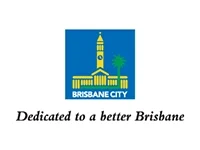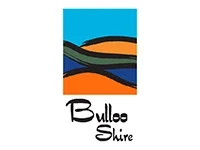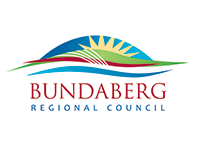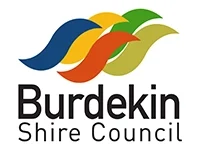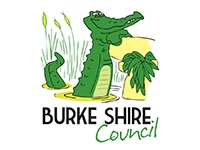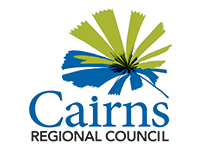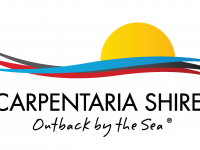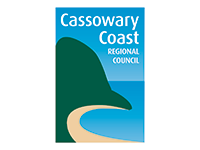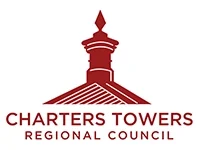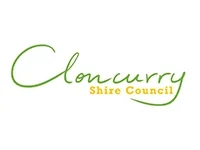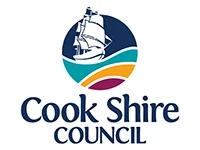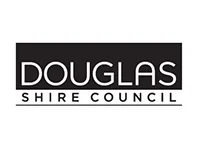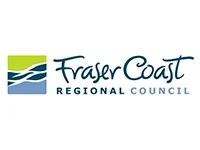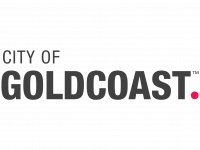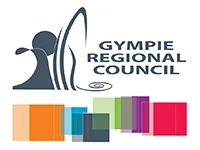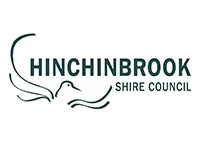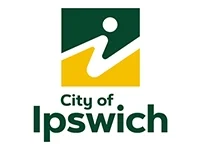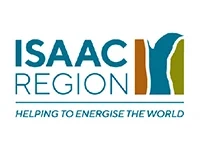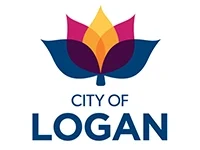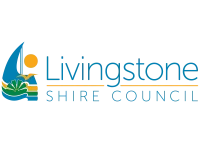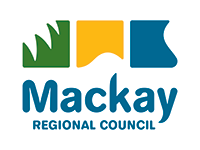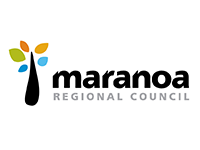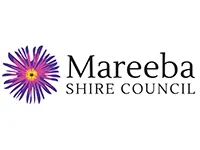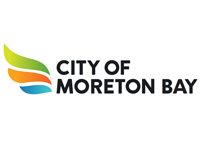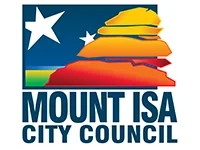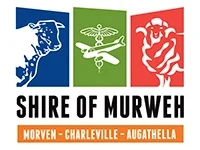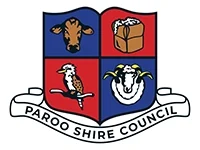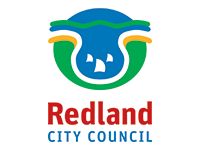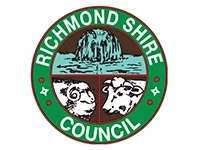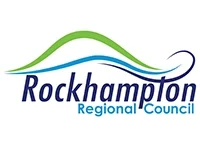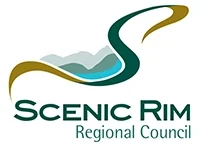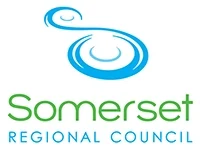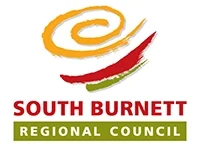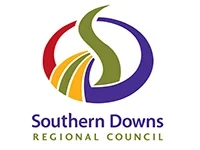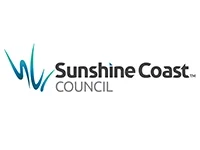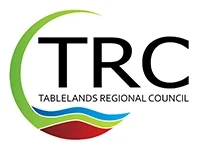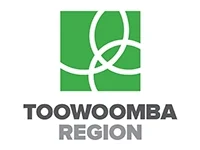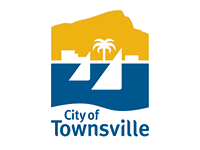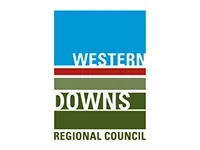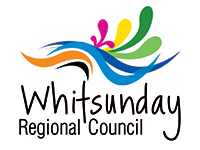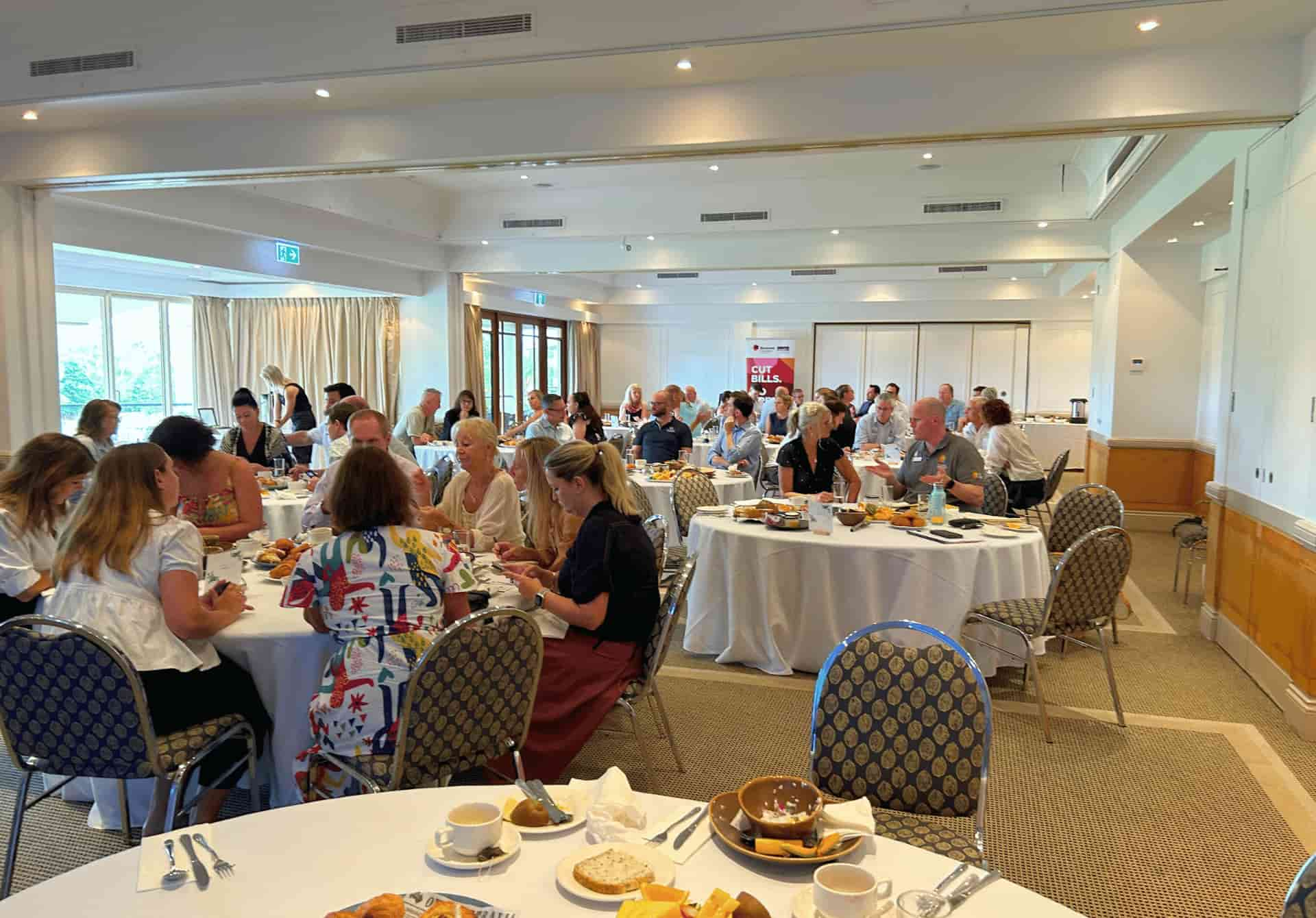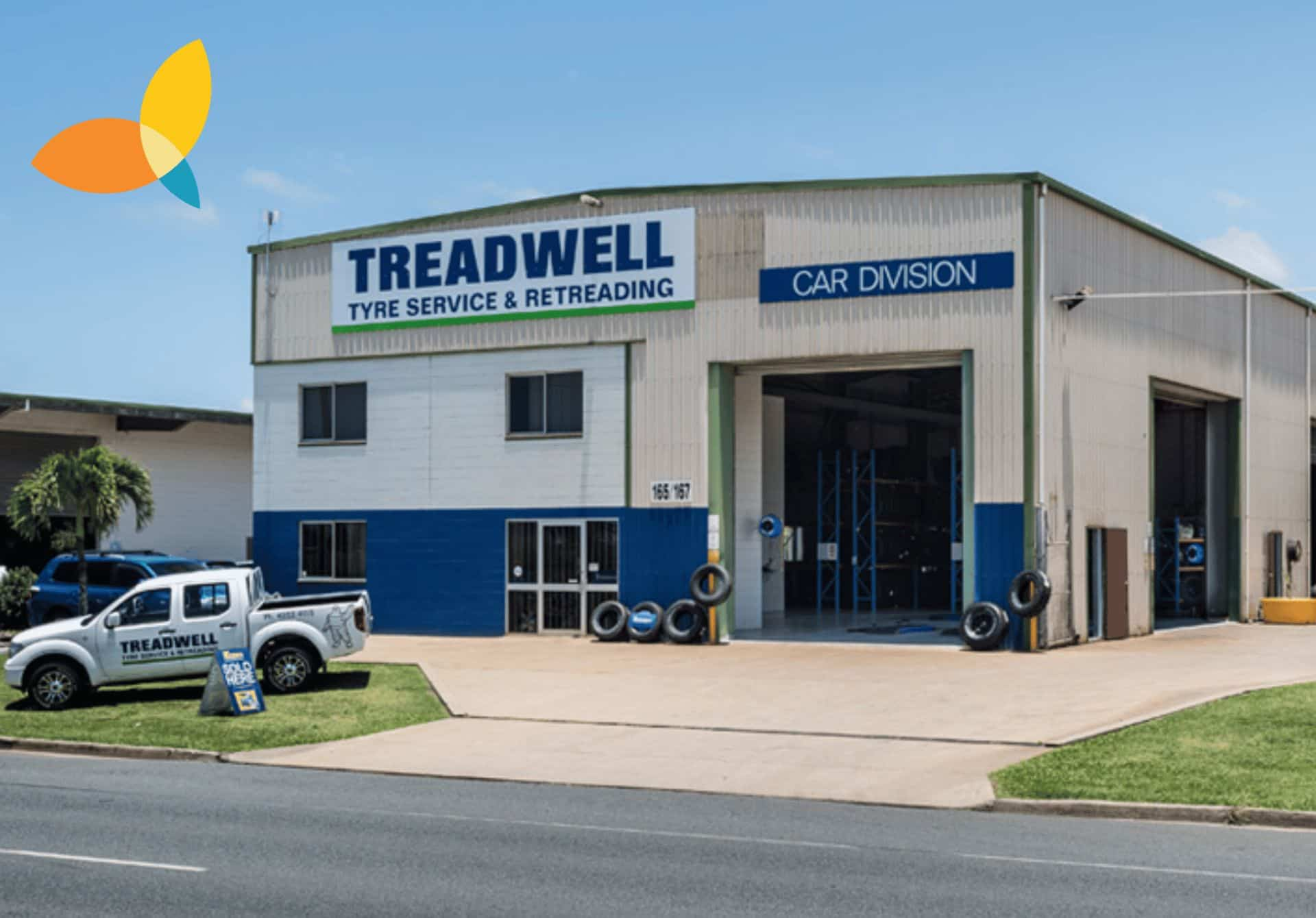The Small Business Friendly Program
Being small business friendly means recognising and considering small businesses as an important customer, recipient, and supplier to your community, services and/or organisational activities.
The Small Business Friendly (SBF) Program provides the framework, support and tools required to help local governments, Queensland Government agencies and large enterprise to realise their role in supporting small businesses.
By bringing people together around a common goal, the program aims to enhance the operating environment for small businesses and provide the opportunities they need to thrive.
The program is driven by each member’s commitment to the simple, yet powerful SBF Program charter focused on improving how members transact, interact, and support small businesses across Queensland.
It is not a box-ticking exercise – it is designed to create tangible and practical improvements and outcomes that help members not only deliver on their commitments to Queensland small businesses while also helping them be more efficient and effective.
Small business friendly showcase
The following stories showcase the work SBF Program members have done to help small businesses.
Noosa making waves on small business journey
Moreton Bay Pop Ups Program
Treading well during Qld Small Business Month
How to be small business friendly
Being small business friendly means recognising and considering small businesses as an important customer and supplier to your community, as well as a recipient of your organisation’s services and activities.
While every organisation is different, it requires leadership and a whole of organisation effort to fulfill the SBF Program charter commitments. Being small business friendly is a cycle of continuous improvement.
Our simple Five-Step Approach to Being Small Business Friendly can help to get you started.
The five-Step approach to being small business friendly
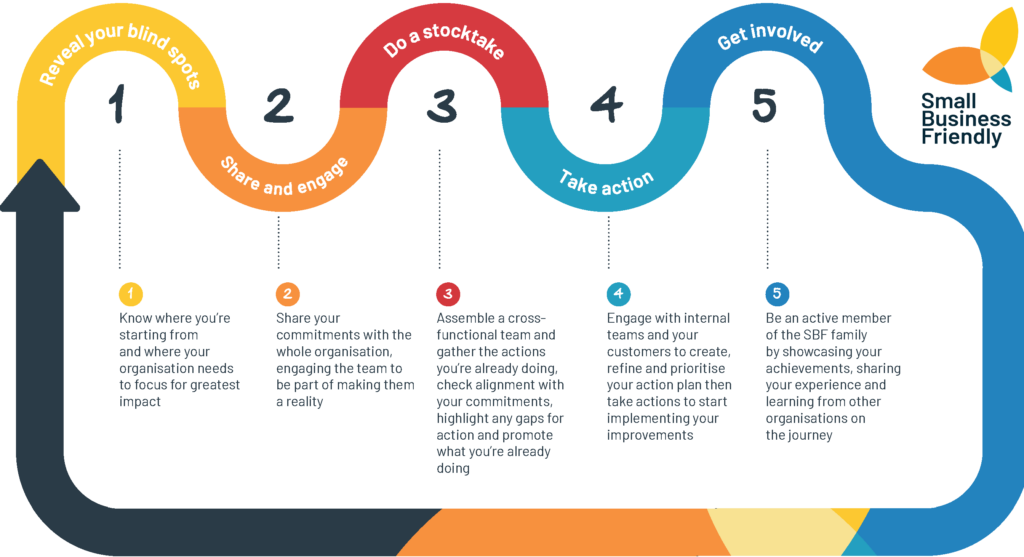
Step 1 – Reveal your blind spots
Know where you’re starting from and where your organisation needs to focus for greatest impact.
Top tips:
- Ask small businesses what they think could be done differently
- Ask organisational leaders to make a commitment
- Ask staff what they could do to help make a difference.
Step 2 – Share and engage
Share your commitments with the whole organisation, engaging the team to be part of making them a reality.
Top tips:
- Share the outcome of your self-assessment
- Help your whole organisation understand your stakeholders
- Identify small business champions through the organisation to help drive change.
Step 3 – Do a stocktake
Assemble a cross-functional
team and gather the actions
you’re already doing, check alignment with your commitments, highlight any gaps for action and promote what you’re already doing.
Top tips:
- Document what you are already doing and what you could do to improve
- Consult your organisational leaders and champions to refine your options
- Promote what you are already doing.
Step 4 – Take action
Engage with internal teams and your customers to create, refine and prioritise your action plan then take actions to start implementing your improvements.
Top tips:
- Prioritise big commitments and easy wins
- Compare your best options with your blind spot results
- Communicate your action plan to the whole organisation and to your stakeholders.
Step 5 – Get involved
Be an active member of the SBF family by showcasing your achievements, sharing your experience and learning from other organisations on the journey.
Top tips:
- Showcase your successes with your stakeholders and the QSBC
- Share your ideas and activities with others regularly at SBF Program Roundtable meetings
- Submit your Annual Report to the QSBC
Accelerator
The SBF Program Accelerator is a set of self-support tools and advice to help members put a simple, yet powerful strategy in place to help their organisation be more small business friendly.
Building on The Five-Step Approach to Being Small Business Friendly, the Accelerator gives members the next layer of actions, set within an overall strategy that members can communicate up, down, across and outside their organisation.
Working through the Accelerator help members create an annual Accelerator Action Plan. The Accelerator Action Plan helps bring ideas and actions into one place to get started or refresh the journey to being more small business friendly.
Create an Accelerator Action Plan in six simple steps:
- Read the Accelerator Guidebook
- Download the Accelerator Action Plan, Blindspot Assessment
- Work through each step of the guidebook
- Establish key milestone dates
- Share the plan with your leadership team
- Share your plan with your small business community and with the QSBC.
Using the Accelerator and executing an annual Accelerator Action Plan will help you be more small business friendly!
To obtain the suite of Accelerator templates and tools please contact [email protected]
Join the program
Joining the SBF Program will help you on your small business friendly journey by accelerating your improvements and working with others to share knowledge and experience to enhance the operating environment for small businesses across Queensland.
Members enjoy a range of benefits including:
- A framework and tools to support you to create a strategy and action plan to help you be more small business friendly
- Access to a facilitated community of like-minded organisations to discuss experiences, inform your own efforts, and provide support
- Regular forums to learn more about what others are doing, discuss ideas and what you can do to support small businesses
- Opportunities to showcase your activities that support small businesses, promote your efforts, and provide inspiration to others
- Use of the SBF Program logo to promote your commitment to small businesses and raise awareness of your involvement in the program
- Dedicated advice and support from the QSBC including statewide advocacy and small business assistance.
Member commitments
Joining the SBF Program requires members to commit to:
1. Ensuring the organisation meets or exceeds the SBF Program charter commitments
2. Working collaboratively with small businesses, stakeholders, and other members to enhance the operating environment for small businesses across Queensland
3. Fulfilling the SBF Program member requirements.
Member requirements
Members must meet the following requirements each financial year:
• Nominating an authorised representative and proxy
for SBF Program activities
• Actively participating in at least four online
Roundtable meetings
• Actively participating in at least two Community of
Practice meetings
• Providing at least one showcase submission to
the QSBC
• Attending the annual conference (in person or
virtually)
• Submitting the Accelerator Action Plan to the QSBC
within 6 months of joining the program
• Submitting an annual report to the QSBC by
30 September (for the previous financial year).
Download the Member Information Pack to learn more about SBF Program member requirements and benefits.
